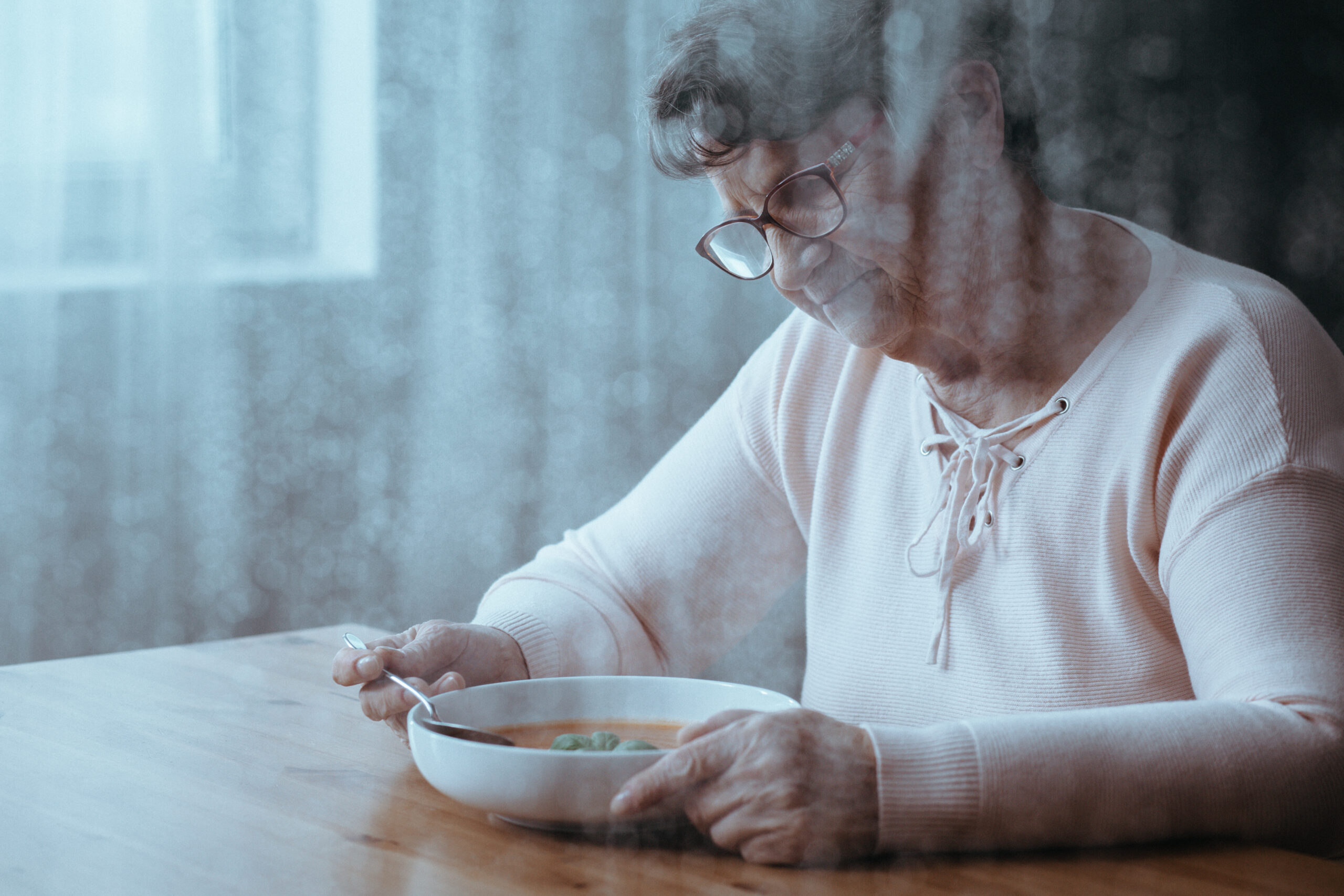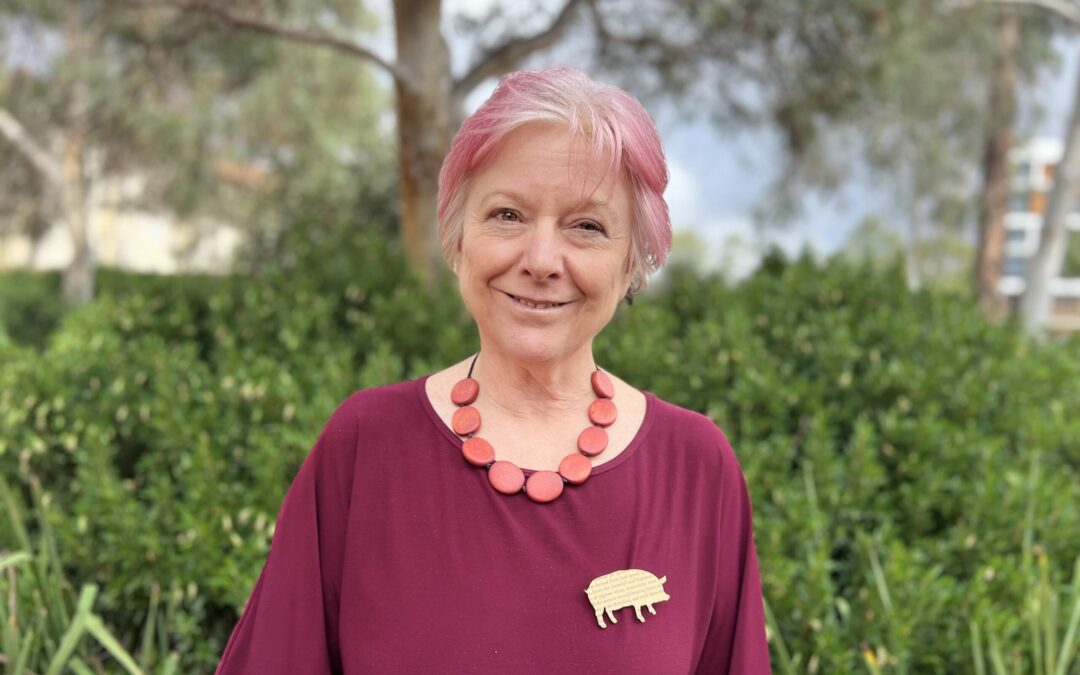I groan at the screen when I see my kids watching one of the typical portrayals of the ‘modern dad’. Perhaps the most common depiction is the well-intentioned, loving but equally clueless, hopeless and bumbling father. I grew up on this imagery courtesy of Homer in The Simpsons in the 90s and now that I am a father, the representation has not changed much at all. This type of dad is in way too many stories and shows.
My two children have loved Peppa Pig, where Daddy Pig is doing not much of anything, except falling over and lazing around. Of course, there’s the dad who is off working all day and comes home ready for dinner and a cuddle. In my home, we recently discovered the animated show, The Tiger Who Came to Tea, with its surprisingly scintillating British voice cast, and catchy tune from Robbie Williams. Even though the show is based on a 1968 book it doesn’t appear dated in 2021 because so little has shifted culturally. Then there’s the emotionally distant, aloof or altogether absent father who doesn’t tend to his children at all. Almost every Disney movie fits this category.
The fact is, kids love storytelling. Reading a book, watching an adventure-filled show or creating some fantastic backstory for a new game to play, storytelling adds colour and vibrancy to childhood experiences, instils children with lifelong values and passions and significantly influences their cognitive development. But what are kids learning from stories about the role of dads in their lives?
At a time when more men are trying to juggle work to allow more family time, when young dads are trying to take parental leave and share the load, fatherhood depictions remain horribly outdated and narrow.
This Facebook post is a classic example of dads being shown as hopeless and incapable of doing their share. It’s meant to be funny. But what message does it really send?
Research demonstrates all men are capable of providing the physical and emotional support children require to develop into skilled, confident and socially adjusted people. Yet one of the great parenting myths is that men are thoroughly incapable and inattentive, and women naturally attuned to children’s needs. We are feeding that myth to our kids every day because it remains deeply ingrained in our popular culture and children’s entertainment.
If we go back to popular culture again, sadly, Bandit Heeler on Bluey (pictured above), the loving, emotionally involved and active dad, is the exception to the rule. He is doing almost all the heavy lifting to change the perception of fatherhood. While we all celebrate this show, we can’t expect one gorgeous animated blue heeler and his adorable family to change perceptions alone. And we can’t just let the next generation passively absorb such counter-productive tropes. Role modelling inside our homes offers a much more positive depiction of fatherhood than books and screens ever could, and is an absolute necessity. Our kids must experience dad nourishing them, playing games, nursing them on sick days, and counselling them with vulnerability, sensitivity and affection when problems arise. Our children need a high-definition dad ‘for real life’ as Bluey and Bingo would say.
Equally, we must help our children develop a healthy curiosity about how gender norms are depicted. When we bump up against the unhelpful depictions of dopey dads and overworked mums, we can pause and inquisitively ask our kids whether this reflects their life, and even whether they think it’s fair only one parent runs the home. One of the best qualities we can gift our children is the capacity to question the order of all things, especially gender norms. Ginger Gorman, author and editor of BroadAgenda, says she finds herself regularly engaging in such a commentary with her kids,
“Not long ago one of my kids brought home a home reader. And mummy was cooking everyone breakfast and getting the kids to school, meanwhile Daddy just walked out of the door to go to work. This kind of cultural indoctrination teaches very small kids that in heterosexual relationships, this is what can be expected from Dads – they don’t share the domestic load and put the burden entirely on their partner.”
Ginger says she can see the progress she’s made within her family, “I’ve taught my kids to be gender literate, and my then 6-year-old daughter instantly picked up on this disparity. At the time, she said: ‘Why is mummy doing all the housework and daddy just goes off to work? That will make mummy cranky and tired, and she won’t have time for a shower before she goes to work [herself].’ It was cute that she could so clearly see the issues. But also infuriating that little people are being taught this gender inequity from such a small age”.
The culture inside our homes is as important as anything portrayed in a book, show or game. Every family can reshape the representations of fatherhood by taking concrete action every day. If we do this, over time, hopefully our children start creating more empowering and enlightening stories of their own.
Rob Sturrock is a father of two children, advocate on fatherhood, gender equality and healthy masculinity, and is the author of Man Raises Boy: A revolutionary approach for fathers who want to raise kind, confident and happy sons





